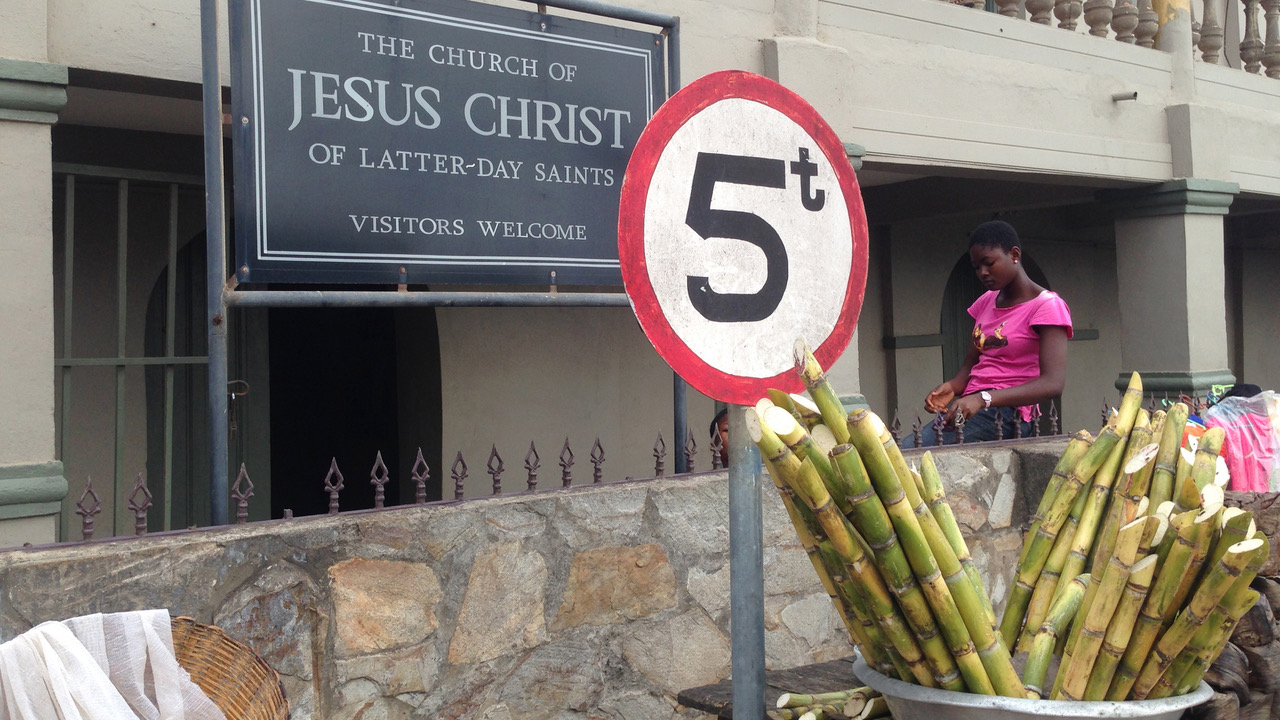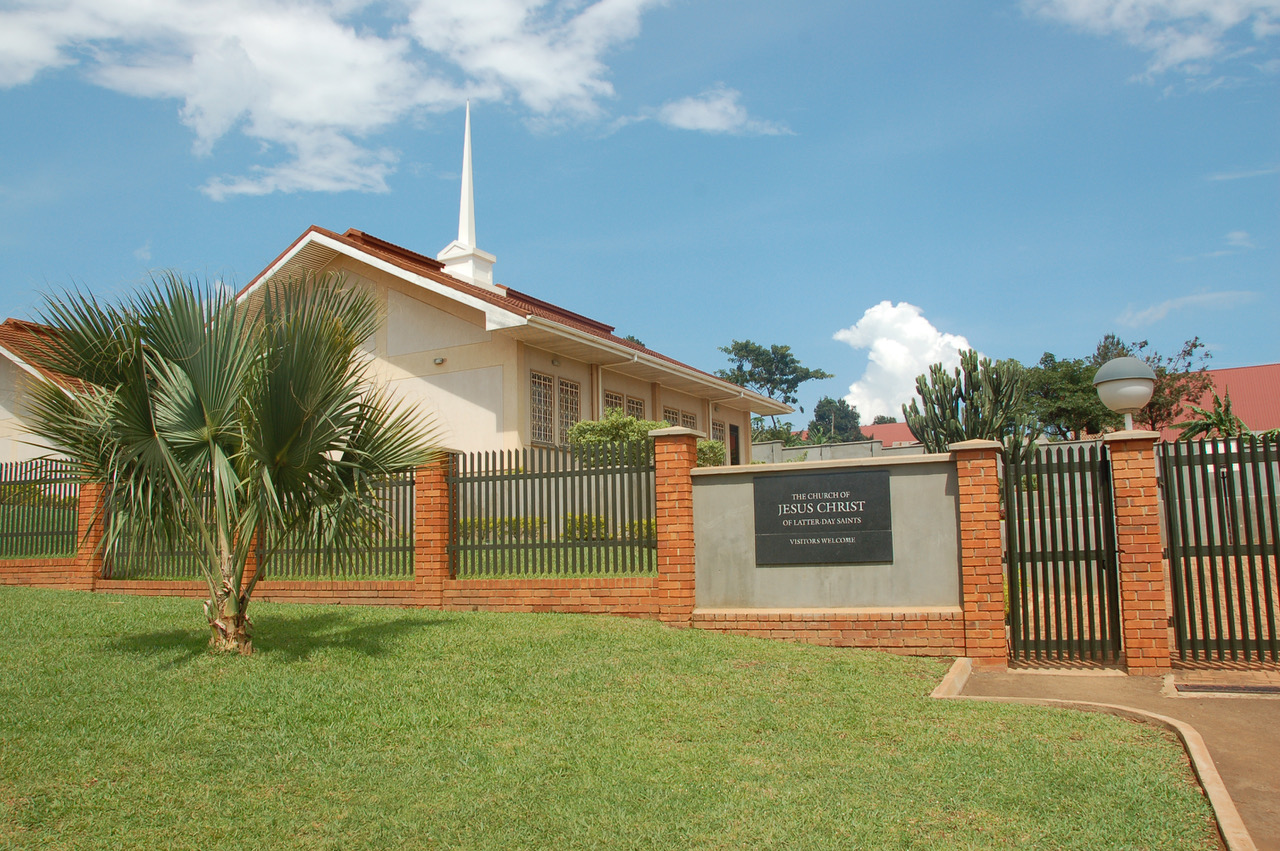Mormon Mercy and the Mirror of African Faith
By Prince Charles Dickson Ph.D.
When a lone gunman stormed a Church of Jesus Christ of Latter-day Saints (LDS) center in Michigan on September 28, 2025, the world gasped. Yet what followed was even more astonishing: members of the same church raising money to support the attacker’s family. Mercy where vengeance was expected.
The Detroit Free Press broke the story; the BBC amplified it. But in Nigeria, where faith and suspicion share the same pew, the reactions were mixed. Some called it grace in action; others called it public-relations theatre for an American church with a complicated past.

Photo credit: Michael Stack
“Mormon” is a nickname the church now discourages, preferring its full name to emphasize its Christian identity. But the word still carries the weight of history—especially in Africa, where Christianity arrived on ships and under flags.
The LDS Church once excluded Black men from its priesthood; that ban ended in 1978. In Nigeria, where the church now counts over 220,000 members in 700 congregations, that legacy still hovers like an unspoken ghost. Many Nigerian members quietly live the contradiction of belonging to a global faith that once barred people who look like them.
To be Mormon in Nigeria is to be doubly misunderstood: not “charismatic” enough for Pentecostal neighbors, too Western for Muslim ones, and too American for nationalists who see every missionary as a subtle diplomat. Yet the faith grows—precisely because it promises discipline in a noisy religious marketplace and a community that, at its best, practices what it preaches.

Photo credit: Michael Stack
Every global church born in America drags America’s contradictions behind it. For some Nigerians, “Mormon” equals “Trump supporter,” “white conservative,” or “Utah exporter of purity.” When a story of LDS compassion trends, critics ask whose story is being told and who profits from the moral spectacle.
But that cynicism misses something deeper: African believers have long been remaking the church from within.
Long before official recognition, men like Anthony Obinna in Owerri gathered followers under mango trees, praying, teaching, waiting for missionaries who never came. When the 1978 revelation opened priesthood to all, he was ordained Nigeria’s first branch president—a quiet revolution in Black faith agency.
That was not America rescuing Africa; it was Africa reclaiming a voice in a global faith.
The Michigan tragedy and the forgiveness that followed unsettled many precisely because it inverted the logic of power. Forgiveness is scandalous in an age addicted to outrage. But maybe it’s what faith was always meant to be—a refusal to mirror the hatred of one’s enemies.
Nigeria, a nation where churches multiply but forgiveness is scarce, could learn from that.
Our religious energy is often consumed by rivalry—who prays louder, prophesies longer, or tithes bigger. Yet the measure of faith is not thunder but tenderness.
If a persecuted church in America can raise funds for its attacker’s family, why can’t Nigerian Christians and Muslims raise hands—not stones—across our own divides?
The Latter-day Saints insist on being called by their full name because they want to be seen as Christian, not exotic. Perhaps that’s the larger moral: every faith, every tribe, every ideology longs to be seen for its humanity, not its caricature.
“Mormon mercy” is not just about one church; it’s a mirror for all of us. It asks whether our religion makes us more human or more hardened.
Because in the end, heaven is not impressed by our titles or tongues—but by the quiet miracle of mercy where no one expects it.
